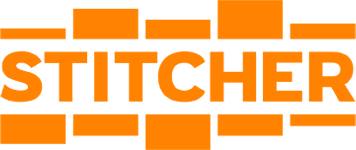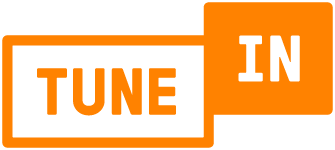It’s easy for anyone to get caught up in the hype surrounding new technologies. A new innovation often debuts with some helpful benefits and great new features, all of which wow us and lead us to believe that we are on the cusp of something truly revolutionary. Promises are made, and there are countless predictions about what is to come next. But soon after the press conferences fade and the hype dies down, we see these innovations for what they really are—helpful tools with innovative benefits that often do not live up to the hype surrounding their release but also reveal a number of potential misuses, abuses, or failures that we did not account for. Part of this is because we grow accustomed to innovation. But it also happens because we put a level of hope and desire on these technologies to usher in a new era of our world.
OpenAI recently announced their new language model called GPT-3, which is one of the most advanced AI systems in the world to date. This system is truly amazing. It is able to write prose, design and code basic HTML including various mini applications, and even engage in “deep” philosophical conversations about the nature of God and the universe with you. OpenAI released the technical documentation back in May. And according to Morning Brew, GPT-3 “has 175 billion parameters, a 117x increase over its predecessor’s 1.5 billion.” The system was trained on roughly a trillion words. In layman’s terms, it is pretty powerful. The company decided to allow a small group of select users to test out the system, and many shared their experiments online to show off the power of the new system.
The Rundown
CEO says TikTok will reveal how its algorithms work – Axios
In his first public statement as CEO of TikTok, former Disney exec Kevin Mayer says the company will be releasing the code that drives its content-moderation algorithms so that experts can observe how its policies are enforced in real time.
Facebook Offers Money to Reel In TikTok Creators – The Wall Street Journal
Facebook Inc.’s Instagram has offered financial incentives to TikTok users with millions of followers to persuade them to use a new competing service, an escalation in a high-stakes showdown between the two social-media giants.
Tech liability fight comes back into focus – Axios
Legislation taking aim at Section 230 is less of a moonshot than seeking to break up tech giants. But it still may be a tall order to move any major tech legislation before the November election.
Google to Keep Employees Home Until Summer 2021 Amid Coronavirus Pandemic – The Wall Street Journal
Google will keep its employees home until at least next July, making the search-engine giant the first major U.S. corporation to formalize such an extended timetable in the face of the coronavirus pandemic.

Digital Public Square Podcast with Jason Thacker
Conversations on theology, ethics, and philosophy in the public square


